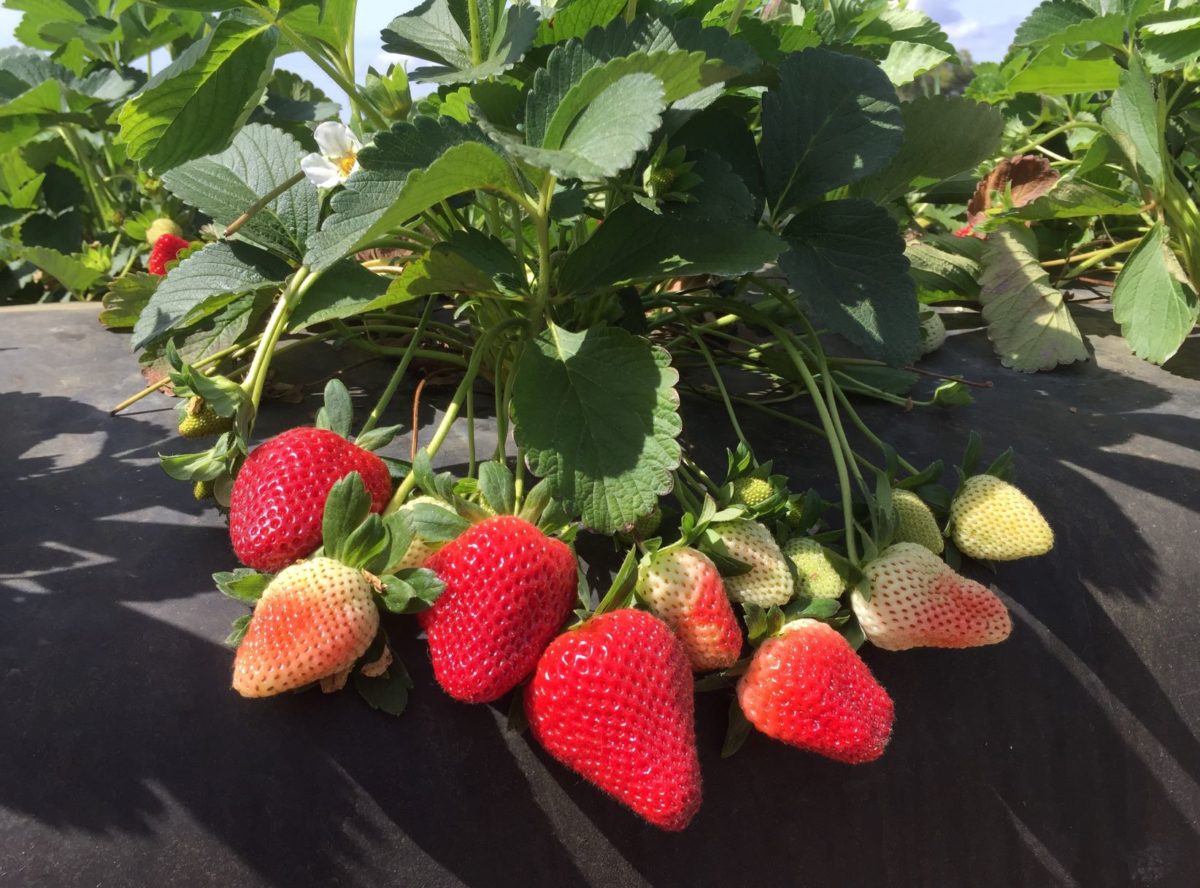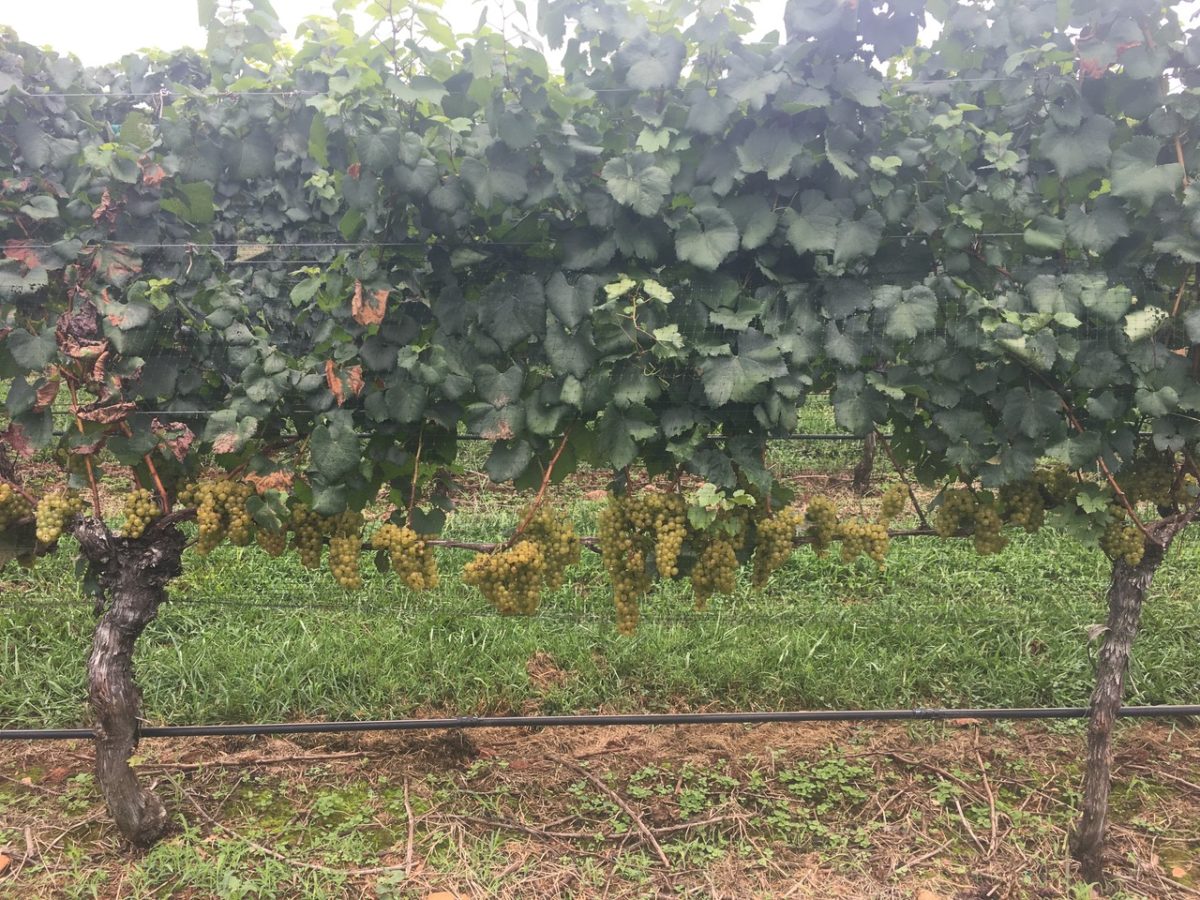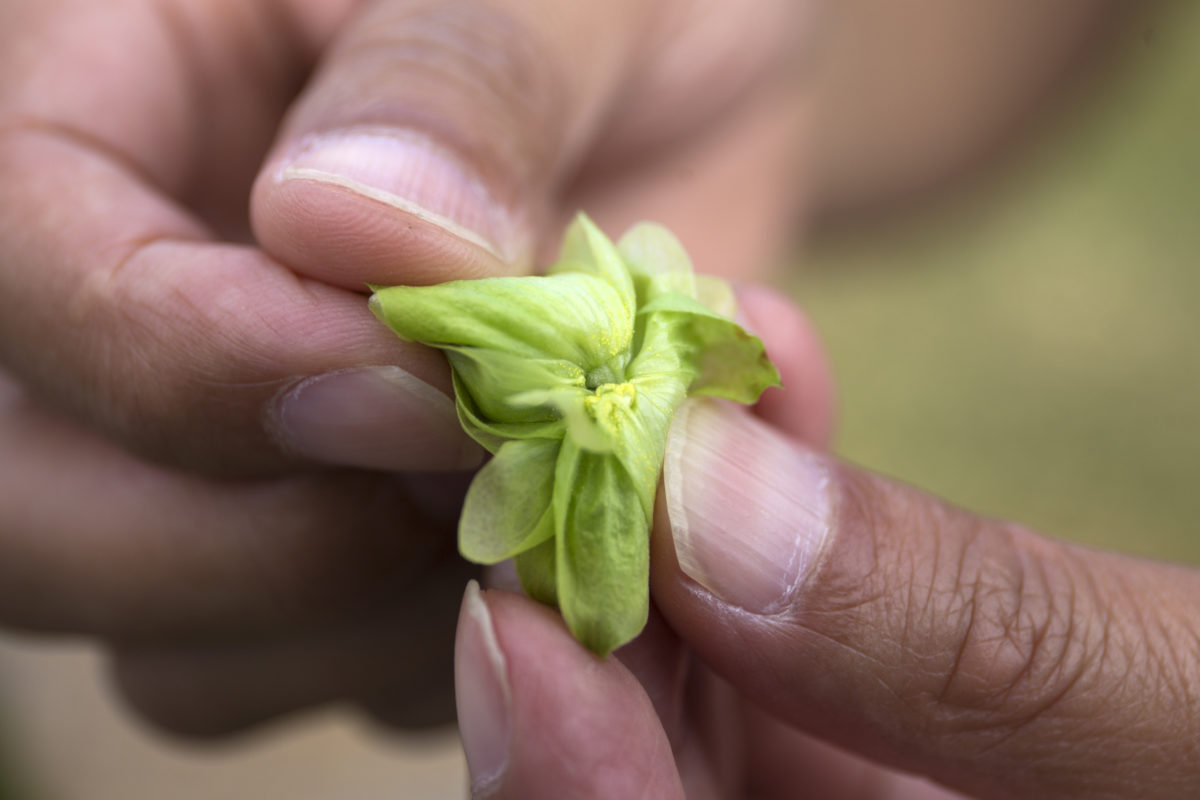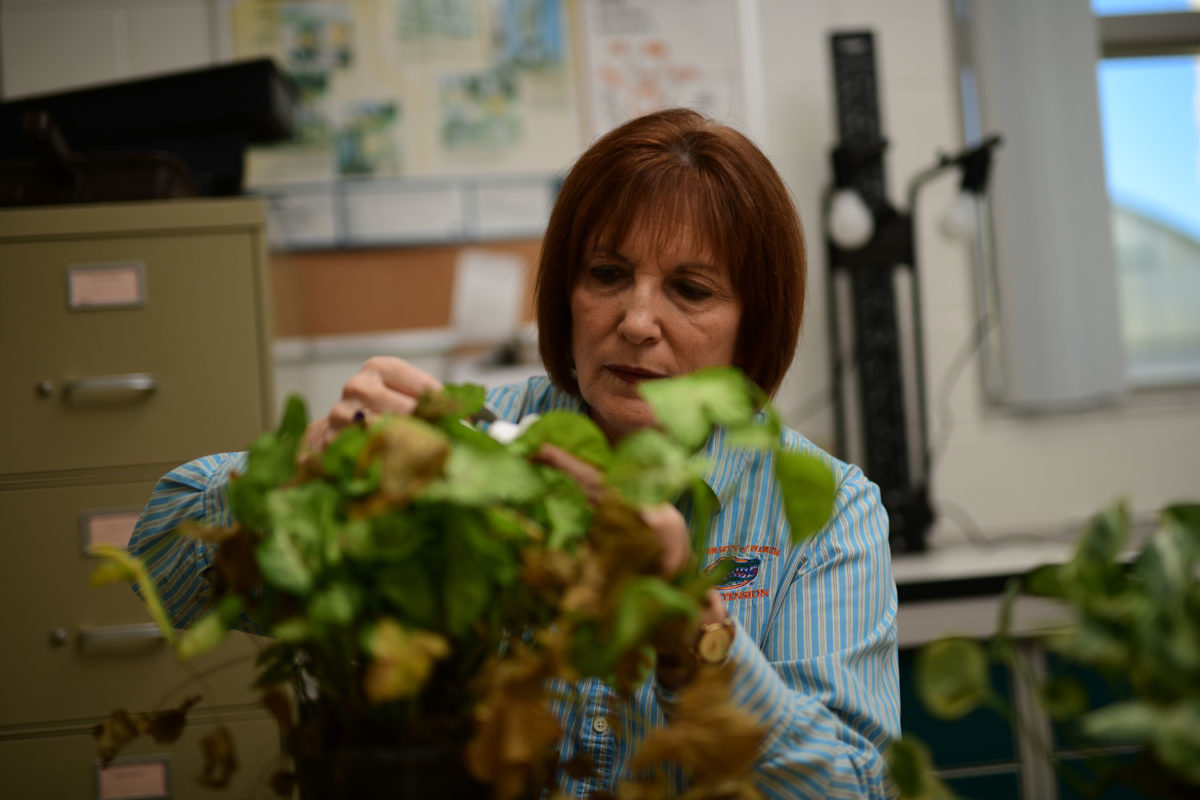Laurel wilt could be considered an avocado tree’s worst enemy. According to Jonathan Crane, professor of horticulture and tropical fruit specialist with the University of Florida, laurel wilt was introduced in the United States in 2002 and made its way to Homestead, Florida, in 2012. Since then, over 100,000 avocado trees have been lost, equaling roughly 1,000 acres of production. …
Natural Gall Midge Management in Blueberries
By Alison DeLoach Gall midge has been wreaking havoc in blueberry crops across the Southeast. However, introducing more insects into your production system could help solve the problem. Renee Allen, area blueberry agent with University of Georgia Extension, recently spoke about the advantages of using beneficial insects that are natural enemies of blueberry gall midge. Blueberry gall midge destroys the …
Florida Brilliance Shines on State’s Strawberry Industry
For years, University of Florida scientists looked for a few characteristics in a more desirable strawberry. Among those traits was a higher yield in November and December — the early part of the Florida season when prices are highest. They also sought better fruit for the consumer. That meant a longer shelf life, better flavor, improved shape and other traits, …
Reducing Sour Rot in Wine Grapes
By Breanna Kendrick Three faculty members at the University of Georgia are working on a project to improve sour rot management in wine grapes. Brett Blaauw, assistant professor and Extension specialist in entomology, is among one of those working on the project. According to Blaauw, a small fly, the spotted wing drosophila, can attack healthy grapes and help transmit sour …
New, Yet Old, Competition for Florida Avocados?
By Taylor Hillman There may soon be some new, yet old, competition — with tropical flair — for Florida avocados. After 25 years, Hawaii has again begun shipping Sharwil avocados to the mainland. Three thousand pounds of the avocado variety are being sent to Seattle, and the industry hopes to continue shipping through March. Hawaii has shipped avocados to the …
Commissioner Nikki Fried Inaugurated as 12th Florida Commissioner of Agriculture and Consumer Services
Commissioner lays out a fresh agenda that will keep Florida growing Commissioner Nicole “Nikki” Fried was inaugurated as Florida’s 12th Commissioner of Agriculture and Consumer Services. As Commissioner, she will oversee a $1.8 billion department with nearly 4,000 employees, a $137 billion economic impact, and widespread responsibility for Florida’s food production and safety, consumer protection and licensing, and our state’s …
UF Researchers to Breed a New Variety of Florida-Friendly Hops
APOPKA, Fla. – Researchers with the University of Florida Institute of Food and Agricultural Sciences (UF/IFAS) have been awarded a two-year grant for $194,000 to breed varieties of hops that can grow in Florida. The researchers, based at the UF/IFAS Mid Florida Research and Education Center (MFREC) in Apopka, Florida, said the grant will help continue their work to bring …
UF ‘Plant Whisperer’ Helps Floridians Keep Produce Lush, Green and Safe
APOPKA, Fla. – Liz Felter gazes at the tomato plant and considers it quietly for a few seconds. Stroking the discolored leaves, she sticks two fingers in the soil and pushes the dirt down. “My gut tells me it’s not Erwinia,” says Felter, a University of Florida IFAS Extension regional specialized agent. The visitor to the UF/IFAS Diagnostic Plant Clinic …
Tickets On Sale for Florida Agricultural Hall of Fame Banquet
TAMPA, Fla. — Tickets are now on sale for the 40th annual Florida Agricultural Hall of Fame banquet on Feb. 12, which will honor four inductees who have made invaluable contributions to Florida agriculture. The banquet, which each year celebrates the accomplishments of industry leaders who have served in research, education and business, is held in the Special Events Center …
Organic Tank Mixes Bring Benefits
Generally, organic producers try to stay away from using insecticides. If pest pressure is bad enough, however, it is important to avoid resistance. According to Ayanava Majumdar, Extension entomologist with Auburn University, incorporating tank mixes into a grower’s spray program can help deter resistance. Majumdar says he understands most organic producers use individual organic products. “But, through years of research, …
















